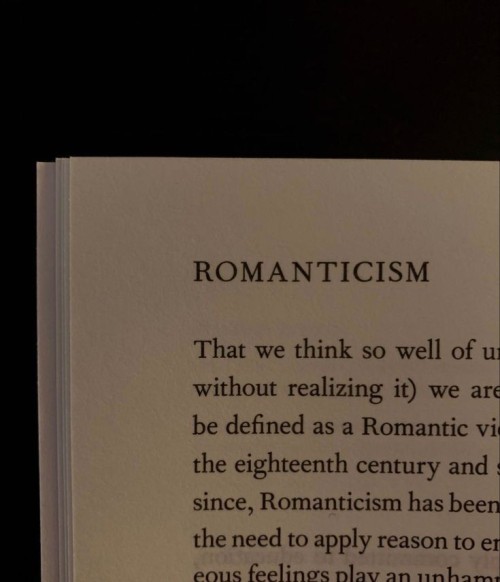Literature Review - Tumblr Posts

Romanticism
Dark academia post

Little women

Shakespeare quotes

Franz Kafka

Bukowski

Franz Kafka & love
AAAAAAAAHHHH
YA BOY IS A PUBLISHED ACADEMIC IN SOCIOLOGY!!!!
Back in January 2021, I started writing a literature review for a class assignment that grew into something much bigger. My professor, Dr. Don Ebel, noticed my passion for the mental health of ex-Christians and encouraged me to seek publication for my literature review. Back then, I never would have thought publication in any reputable journal was possible, especially for a review article, but two conference presentations and many, many revisions later, it’s officially published as of today in Sociology Compass.
If you’re a student and/or have an institutional library access, the link below will take you right to it. If you’d like to read it but don’t have access to an academic library, please message me and I’ll happily provide a pdf copy. 🙂
(And feel free to share the link or pdf with others who might be interested!)
(P.S., for those who interviewed with me this summer, this is a completely separate project from that one, i.e., my thesis, which is still in the analysis stage.)
https://compass.onlinelibrary.wiley.com/doi/10.1111/soc4.13030
Scientific Paper Review: Insects may or may not be sentient??
Reading this (https://www.wageningenacademic.com/doi/epdf/10.3920/JIFF2022.0041?role=tab) paper about welfare when farming black soldier flies (published 2023) with the main author being Meghan Barret, who is a super duper cool female scientist that believes strongly in insect welfare (e-portfolio link here: http://meghan-barrett.com/about-me/), and I'm astonished!
Introduction starts off with a quick overview of what the paper is getting into and then dives into background history. I love reading scientific papers simply because there is so much cool stuff to learn. Animal welfare is dependent upon how the animal views how it's doing. A pampered lap dog with depression still has depression. A sad bug living in a super duper cool vivarium (which are way hard to set up) is still sad.
Insects in science may or may not be sentient. How do you define sentient? Where do you draw the line of responding to making decisions? Wild! If insects are sentient we should, of course, treat them like we are. If they aren't how do we determine welfare for something that's not sentient. This isn't about philosophy though so we're continuing on.
There is a model called the five freedoms model. The paper said it best so I'm quoting them here, "According to that influential model of animals’ interests (Brambell, 1965), animals ought to kept in ways that keep them free: (1) from hunger and thirst; (2) from discomfort; (3) from pain, injury, and disease; (4) to express normal behaviour; and (5) from fear and distress.".
From here the introduction continues to go on to explain that it's hard to tell when an insect is doing or has this stuff. If a pet cat decides to be a picky eater, is the owner a bad owner for not keeping them free from hunger and thirst or is the cat being picky? Again though! Not hear for philosophy or ethics that's been discussed a hundred times before.
What can be determined though is if something kills an insect it is bad. If it increases mortality, like a parasite would, it is bad. Good thing is that factors between farmed invertabra (aka bugs) is pretty universal. Another good news is we know a lot about the biology of the black soldier fly! They have six larva stages.
That concludes this part of the post! More coming soon.